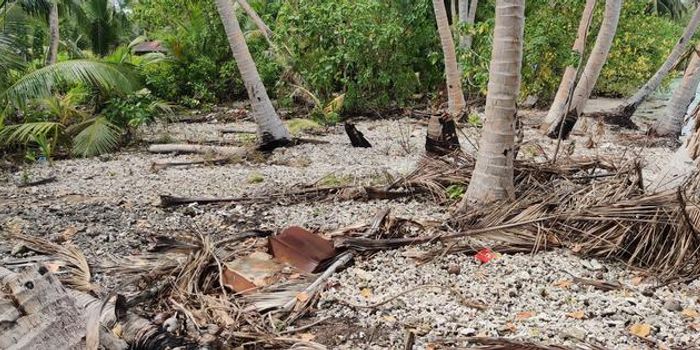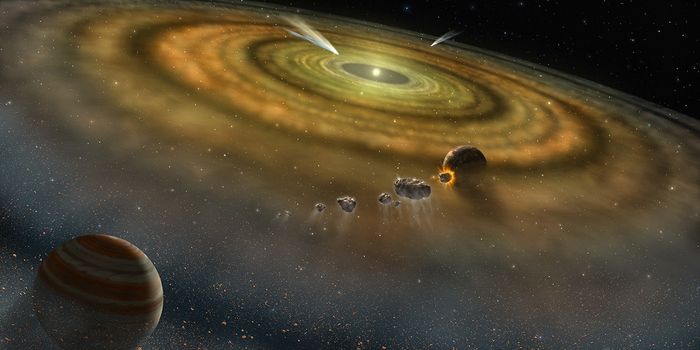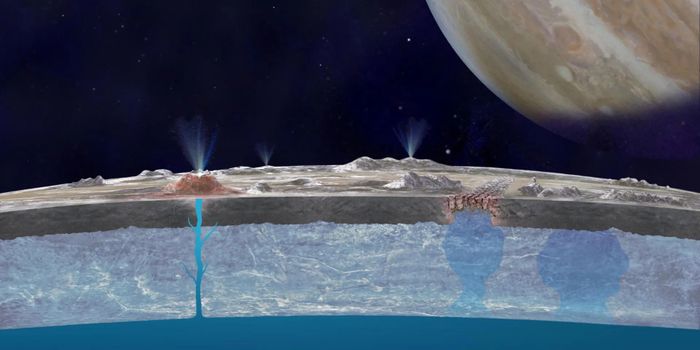Neuroscience
Brain Modeling at the Circuit Board Level
MAY 13, 2014 12:00 AM PDT
Share
To Frack or Not to Frack, That is the Question
 Fracking, or the process of opening fissures in rock formations through high-pressure injection of fluids, has opened a raging risk/reward argument.
Fracking, or the process of opening fissures in rock formations through high-pressure injection of fluids, has opened a raging risk/reward argument. On one side are energy advocates, who hail fracking as a boon to the oil and gas industry - opening access to previously inaccessible or uneconomic deposits of oil and natural gas. On the other side, environmentalists argue that fracking causes damage to natural systems in several ways - generating huge amounts of waste fluids, increasing the environmental impact of transport, and creating potential seismic damage trough unnatural manipulation of rock formations.
Scientists at the recent Seismological Society of America (SSA) conference suggested that the underground injection disposal process of wastewater from fracking might be creating a higher earthquake risk than previously thought.
Seismologists have little to work on in this field, especially in areas such as the Midwestern and Southwestern United States, since there has been limited mapping of fault lines in some of the fracking areas. There is also no consensus method of evaluating the risk that a fracking operation poses to seismic activity, and over what distance it poses a risk (although recent research does indicate disposal wells can affect earthquake faults that are miles away from the site).
Both sides offer some supporting information.
Operations were suspended in early 2012 at a site in Youngstown, Ohio operated by D&L energy after an unusual round of earthquakes in the area were reported in 2011. It had been suggested that wastewater disposal of the fracking process may have been linked to the tremors.
Later in 2012, the National Research Council issued a report regarding fracking and seismic activity, confirming that "at one location in the world" the fracking process was responsible "for small felt seismic events". However, the ultimate conclusion was that more research was needed to study the link between fracking and seismic activity.
Art McGarr, a geophysicist with the USGS (US Geological Survey), said during the SSA proceedings that in the majority of cases, there does not appear to be seismic effects from wells that are injecting wastewater from fracking processes. Even so, he continued, a few wells have been linked to subsequent earthquakes, and the process is likely to be aggravated with higher volumes and injection rates of fracking wastewater.
The seismologists acknowledge that they do not know how these potential hazards can be removed. In all likelihood, they probably can be mitigated somewhat but not eliminated. This brings us back to the question of risk vs. reward.
Currently there is significant anecdotal evidence, but little actual evidence. Those siding with the energy industry argue there is not enough solid evidence to halt successful fracking operations, and that the economic and geopolitical effects would be significantly harmful. Environmentalists argue that this is not a risk worth taking.
We welcome a comprehensive study of the issue to determine the connection between seismic activity and fracking - and if there is a connection, to determine what amount of harm it causes.
You May Also Like
Loading Comments...








